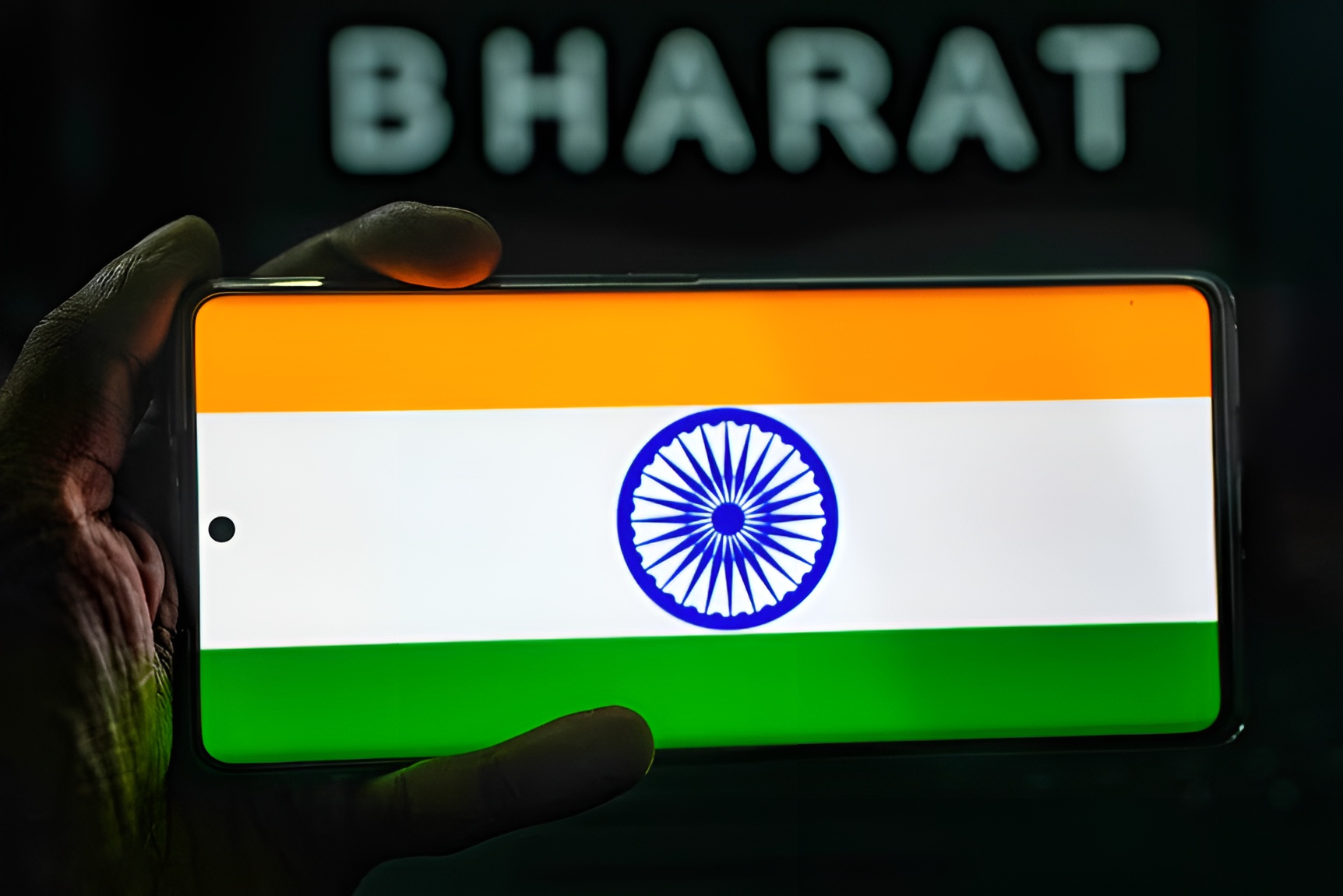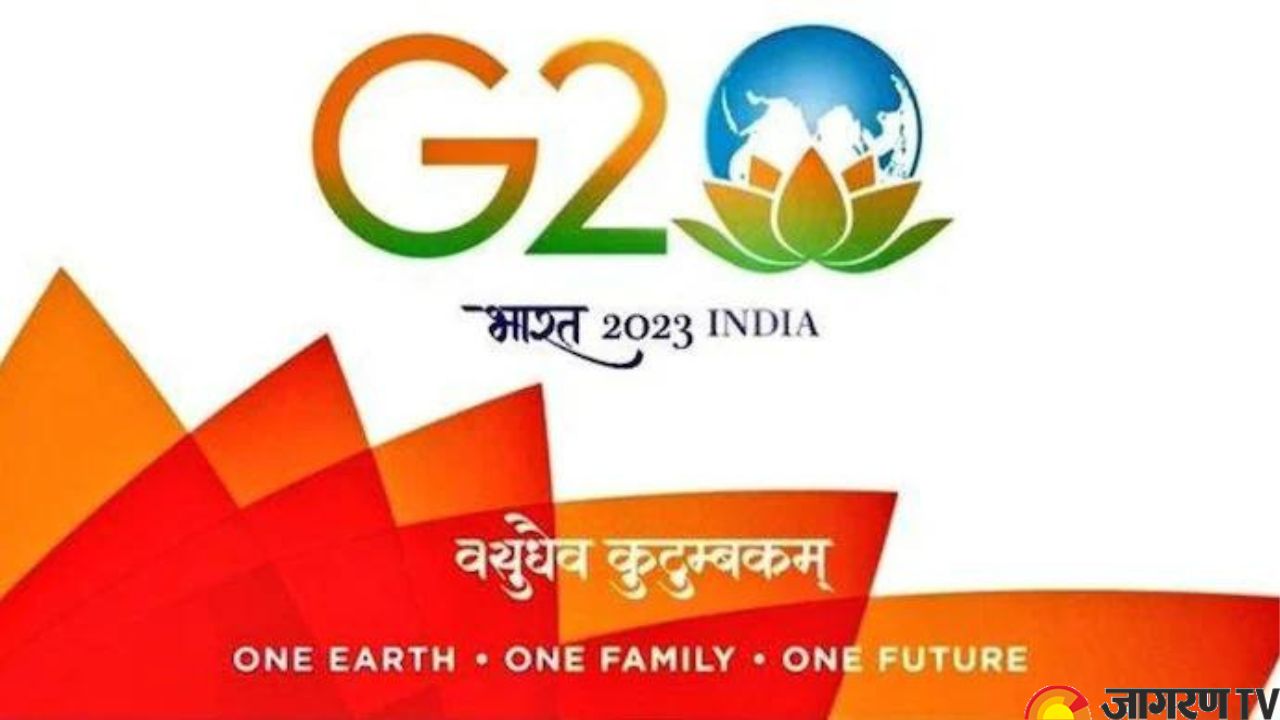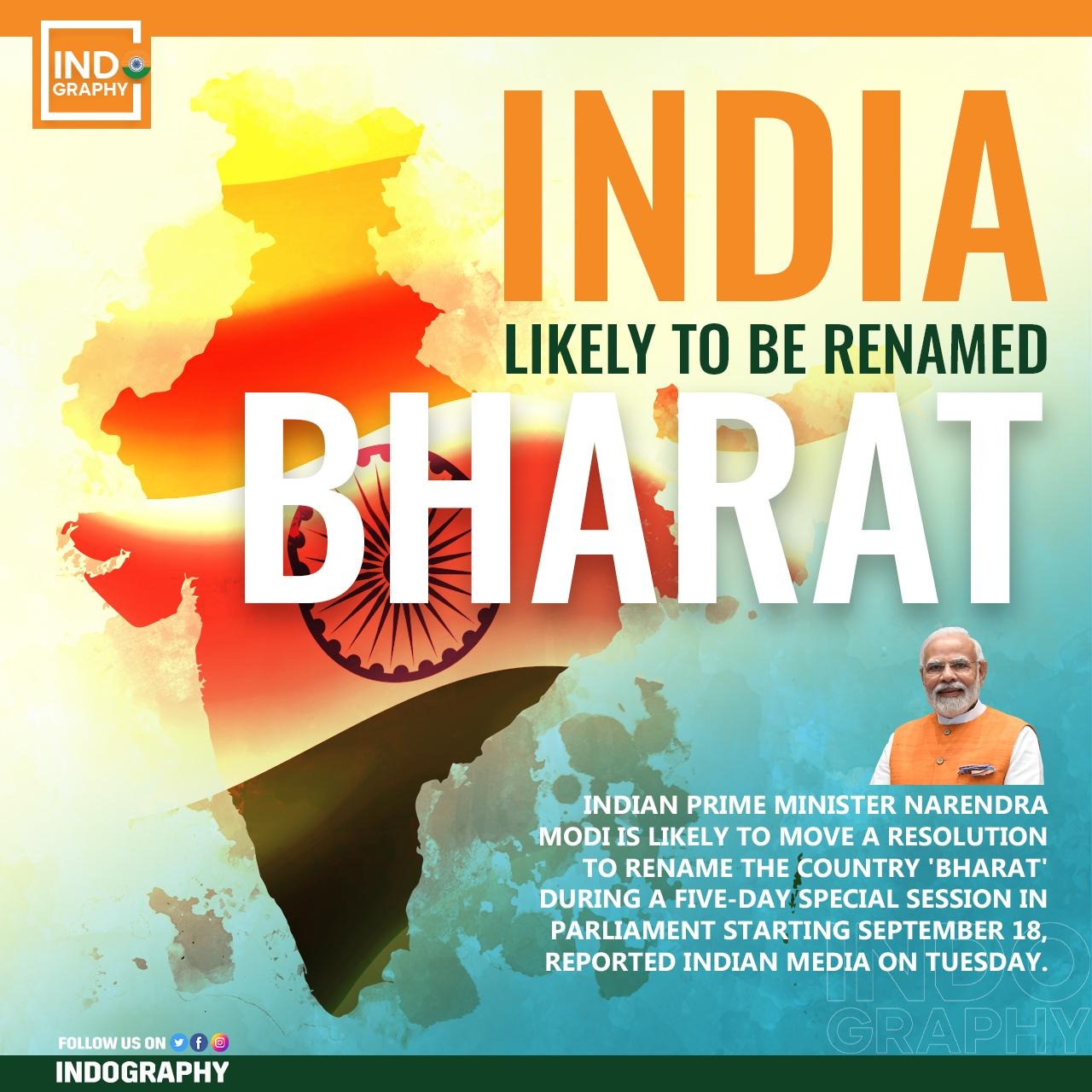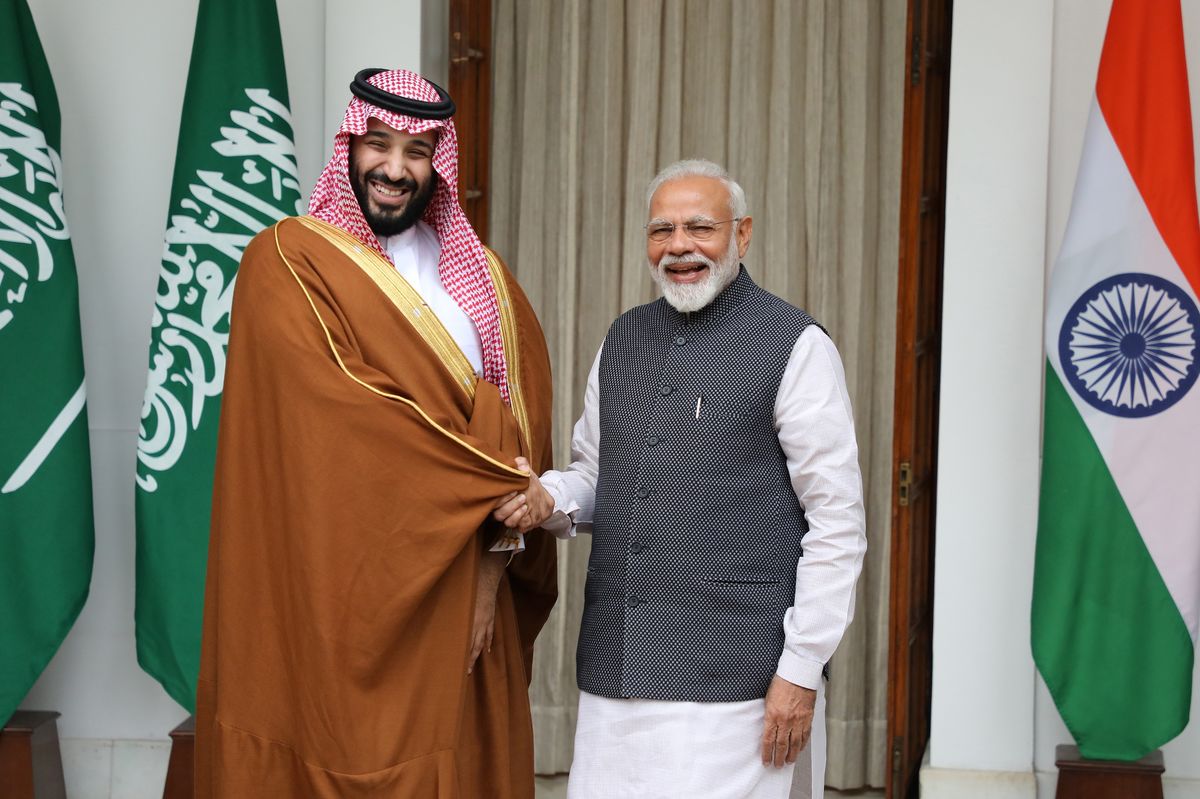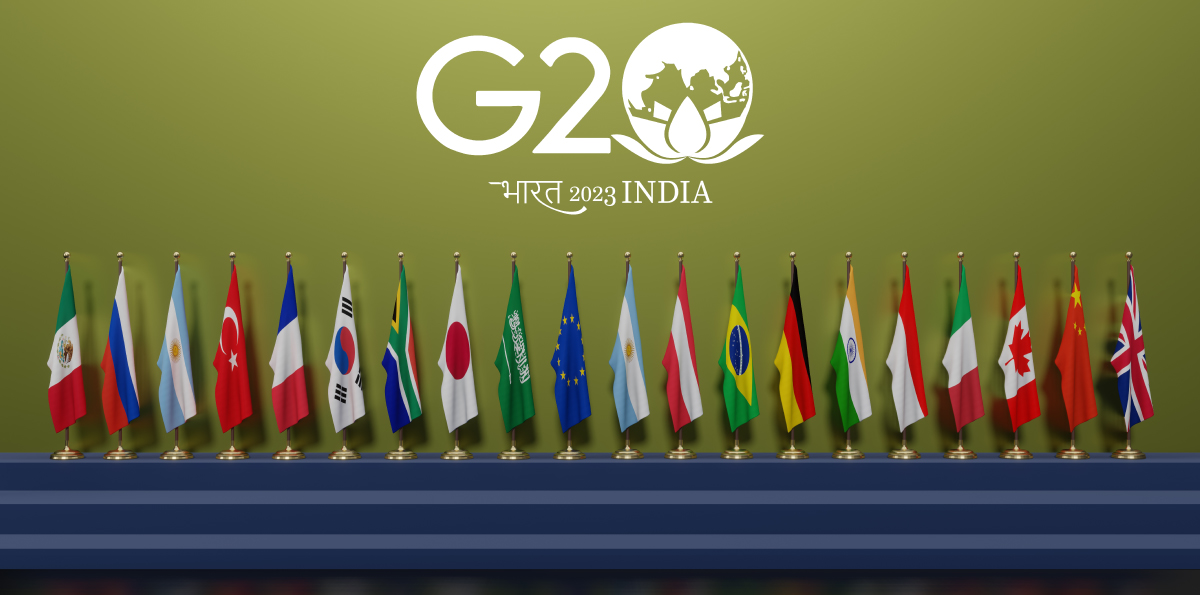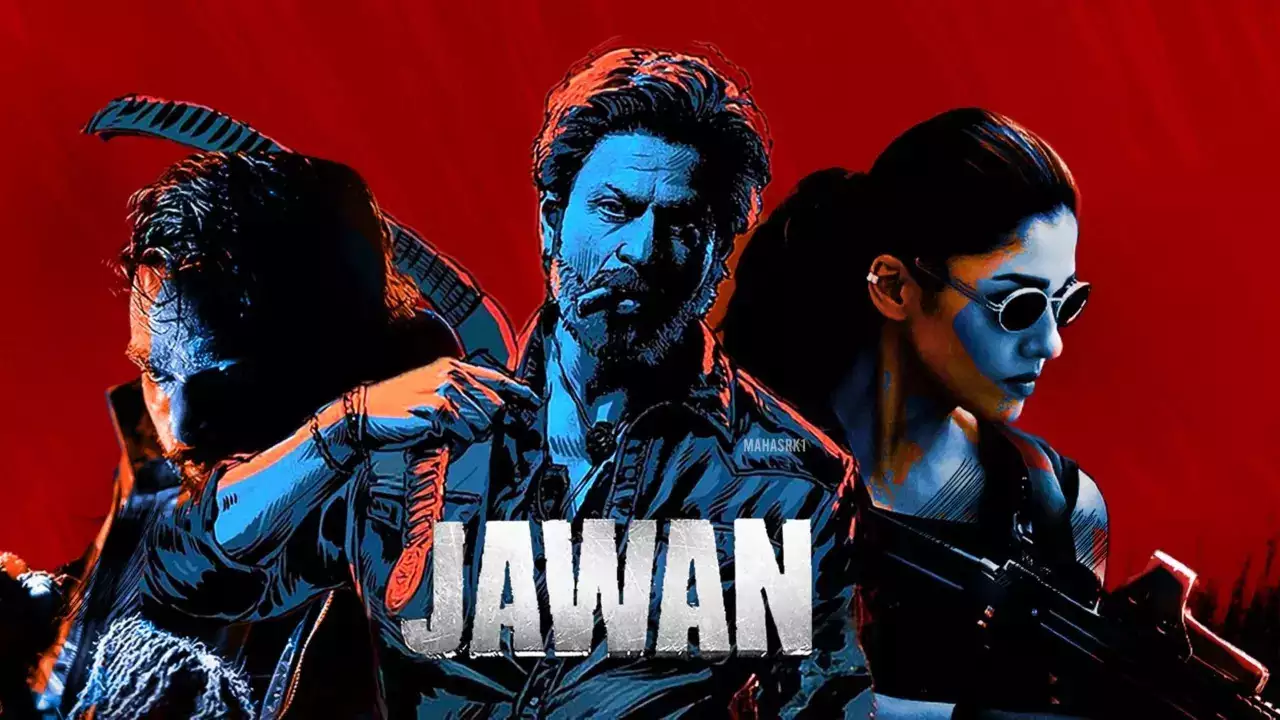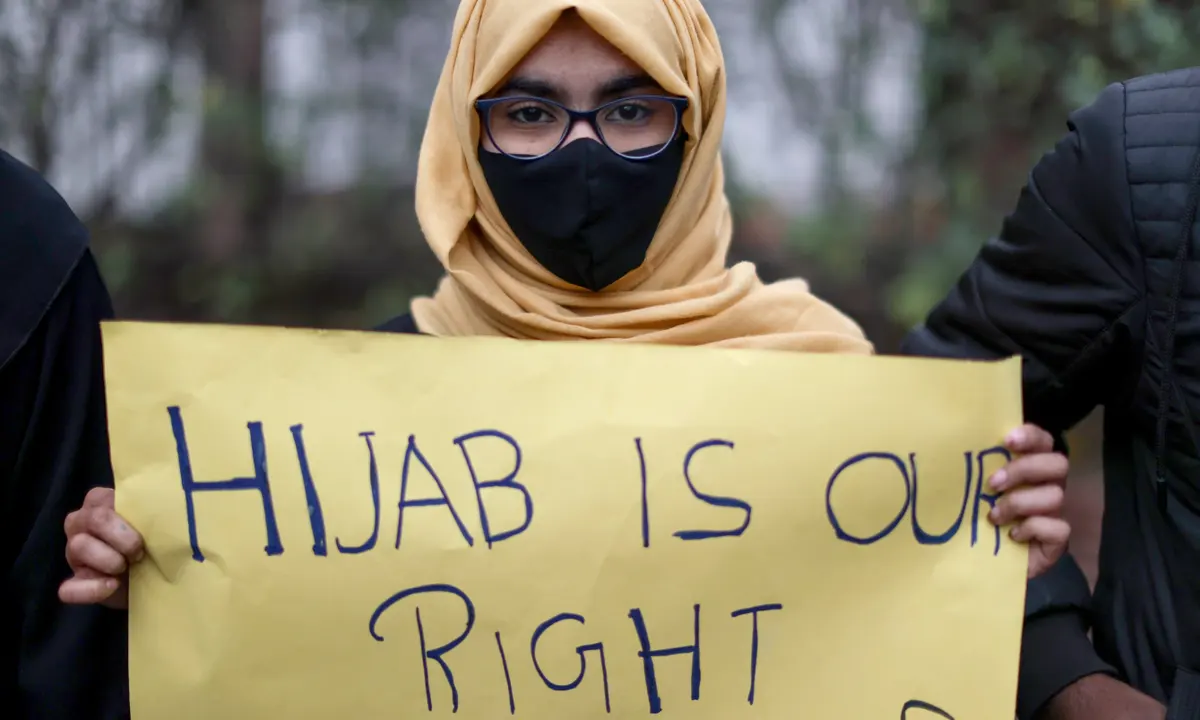India, the most populous country in the world, is seriously considering changing its name to Bharat, which would represent the subcontinent’s rich cultural legacy and historical significance. The Indian government has now made a courageous choice to embrace its ancient roots and recover a name that has been closely associated with its history and culture after being the subject of debate and discussion for a number of years. We will examine the causes of this transition and how it might affect India’s identity both at home and abroad.
A nation’s official name should not be changed lightly because it can affect how the nation is viewed around the world. While “India” is a name that is well known around the world, “Bharat” also carries historical significance. To reduce any potential misunderstandings or disruptions that may result from the name change, it is crucial for the government to secure a smooth transition in terms of international relations, economic agreements, and diplomatic recognition.
The Indian subcontinent is where the name “Bharat” has its strongest historical and cultural roots. It originates from the Sanskrit word “Bharata,” which has been used for thousands of years to denote the territory and inhabitants of contemporary India. Bharat was the name of a legendary ruler and ancestor of the Kuru dynasty, whose realm included a significant chunk of modern-day India, according to ancient Hindu scriptures. Thus, for millennia, the name “Bharat” has been linked to the subcontinent’s cultural and historical identity.
Conflicting perspectives on nationalism influence how it is interpreted and plays a part in different civilizations. Nationalism is rooted in an emotional bond with a country, which is frequently characterized by a common culture, history, or hardships.
It involves the idea that people who live in a nation-state have things in common that set them apart from people of other nationalities around the world. This sense of national identity has the capacity to bring people together while recognizing their individuality. There are various nationalist movements, each of which has a different set of arguments and viewpoints.
For instance, Bharatiya nationalism ties its residents to the nation-state of Bharat and defends its legitimacy. However, various rival streams of nationalism have evolved within the context of Bharatiya nationalism, each of which presents its own unique ideas and interpretations of the concept. These nationalistic assertions are varied and frequently at odds with one another, representing different ideologies and historical and cultural viewpoints. These opposing assertions influence how nationalism is perceived and expressed in various contexts and communities, adding to the continuous conversation concerning the function and importance of national identity.
Nehruvian nationalism, communist nationalism, anarchist nationalism, and cultural nationalism are among these various currents (Bharatiya Rastrawad). The 1960s and 1970s saw the birth of Nehruvian nationalism, which makes the claim that Bharatiya nationalism emerged at the same time as modern states.
This line of thought challenges the existence of the Bharatiya nation and contends that, prior to the freedom fight in the 19th century, Bharat did not exist as a unified nation-state but rather as an amalgamation of several groups and sub-regions.
According to this viewpoint, the liberation movement served as a catalyst to unite various groups of people behind a common sense of nationalism, which finally resulted in the establishment of the Bharatiya nation-state in 1947. This type of nationalism places a strong emphasis on inclusivity and harmony among the varied people of Bharat, emphasizing principles like constitutionalism, equality, and freedom.
Contrarily, communist nationalism is in direct conflict with conventional nationalism. Communists believe that nationalism is a transient phenomenon caused by capitalist interests that will fade as communism advances. They frequently put international communist goals ahead of nationalistic fervor since their commitment is more to class consciousness than to national identification.
A more recent development, anarchist nationalism lacks a unifying philosophy and frequently takes opposing positions. Despite its claims to support nationalism, the Aam Aadmi Party (AAP) frequently expresses this idea in ways that are inconsistent with each other. Often questioning national positions on international issues and even supporting regionalism or secessionist movements, this type of nationalism is characterized by inclinations that challenge existing norms and structures. Recently, a number of political coalitions have formed that openly support nationalism dressed up as India.
On the other hand, Bharatiya-Rashtra, or cultural nationalism, claims that India has always been a country with a rich cultural legacy that dates back thousands of years. This viewpoint is predicated on the notion that the land, language legacy, and old culture of India unite its people. It emphasizes shared values and historical cultural links, seeing Hinduism as the cornerstone of Bharatiya nationhood. Cultural nationalists contend that fundamental Hindu principles—such as tolerance and humanism—have shaped modern India and are incorporated into its Constitution.
In contrast, supporters of cultural nationalism claim that Bharat has been firmly established in its culture and has held the identity of “Rastra” since antiquity. They feel that Indian culture is fundamentally characterized by a sense of nationalism. Their argument is based on the idea that the nation of Bharat is inherently united by its shared cultural legacy, which spans more than 5,000 years of history. The idea of an existent Bharatiya country and a proud national identity that is entwined with linguistic tradition, cultural customs, and territorial unity serve as the foundation for cultural nationalism.
The idea of “Bharat” as the motherland, where all of its citizens are viewed as her sons and daughters, is fundamental to this viewpoint. Cultural nationalists believe that “Bharat Rashtra” is an organic whole, with its citizens acting as vital components. This point of view emphasizes India’s historical identity as a civilization, in which socioeconomic and cultural links have served as the unifying factor throughout its history. The idea of “Rashtra” has always been among the inhabitants of the region known as Bharat, as seen by the many different cultural expressions of this idea.
For instance, proponents of cultural nationalism frequently cite the Shloka from the Vishnu Purana, which refers to the area as “Bharatam,” the home of the Bharata lineage, and which is recited during daily prayers.
This sense of unity is further strengthened by the custom of Hindus making pilgrimages to the four Dhams located at the four corners of the Indian continent. Hinduism, which is connected with humanism and universalism, is firmly ingrained in a society that is imagined to be based on cultural values.
Hinduism and Bhaktism are not inherently opposed to one another, according to cultural nationalists. They contend that Bharatiya nationalism’s essential tenets and Hinduism’s core ideals are mutually compatible.
It is thought that these principles, such as tolerance, peaceful coexistence, liberty, humanism, and universalism, were incorporated into the Indian Constitution. The name “Bharata” being incorporated into the Constitution denotes the long history of Bharatiya culture and its significant impact on the national identity and ethos.
The ethos of “Vasudhaiva Kutumbakam” and the acknowledgement of the significance of the cow, as well as the promotion of the Hindi language, which is essentially rooted in Sanskrit, further demonstrate the congruence between cultural nationalism and the country’s governing ideals within the constitutional framework.
Hinduism and Indianism, in the view of cultural nationalists, are interconnected and serve as a single, unifying foundation for the country. This viewpoint highlights the crucial role that culture, legacy, and historical continuity have played in forming India’s sense of nationhood and sense of self. That is Hinduism’s fundamental tenet.
